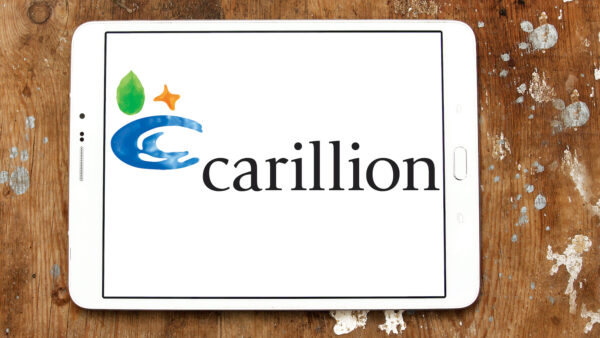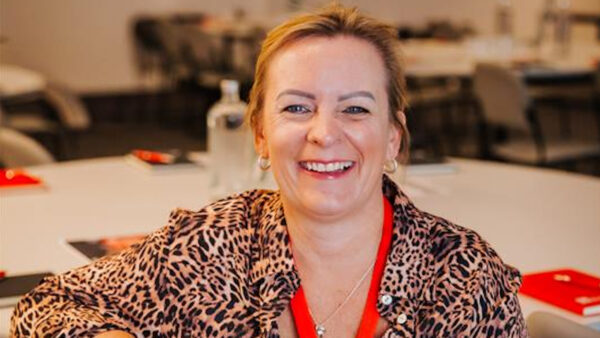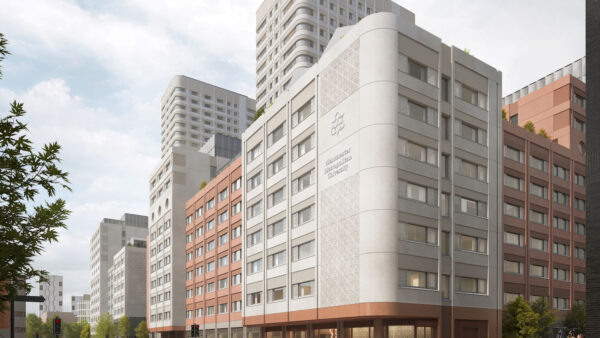
The Grenfell Tower Inquiry has set out the schedule for a programme of hearings lasting five months from May until early November.
Phase one of the inquiry’s hearings will focus on the factual narrative of the events of the night of 14 June 2017, which saw 71 people die in a blaze at the 24-storey London tower block. It will also examine existing fire safety and prevention measures at Grenfell Tower
Phase two will look at the refurbishment of the building and how it was exposed to fire risk.
The phase one programme will start on 21 May with nine days of commemorations of those who lost their lives.
That will be followed on 4 June by opening statements at Holborn Bars in London from Counsel to the Inquiry and Counsel to the individual and organisational core participants (which include 18 commercial organisations, including construction firms), which is estimated to last five days.
A third set of hearings starting on 8 June will hear from the Inquiry’s phase one experts Professor Nic Daeid (director of research at the Centre for Anatomy and Human Identification, School of Science and Engineering, University of Dundee), Professor Luke Bisby (professor of fire and structures and head of Research Institute, School of Engineering, University of Edinburgh), and Dr Barbara Lane (Arup’s leader of fire safety engineering).
Further sessions will hear from London Fire Brigade personnel who tackled the fire, conducted search and rescue operations, and worked in the LFB control room, as well as commanders who took decisions on the night.
The Inquiry will hear evidence from the bereaved, survivors and local residents for four weeks from 3 September, and time has also been allowed to deal with other witnesses dealing with gas, water, and power supplies to the building.
In October, phase one of the Inquiry will consider the expert witness evidence for eight to 10 days, before five days of closing statements from the Counsel to the Inquiry and Counsel to the individual and core participants on 29 October.
A programme for phase two has not yet been revealed.
The Inquiry currently has 547 core participants, made up of 519 individuals and 28 organisations.










